Funeral Services
Our Funeral Services
What Makes a Funeral?
No matter where it's held, a funeral is a structured ceremony, with a beginning, middle and end. Each is intended to engage the living participants in activities which will transform their status within the community, provide mourners with a collective grieving experience, and celebrate a life lived. It's a socially-acceptable way for members of a community to re-affirm and express their social attachments.
Anthropologists label a funeral as a rite of passage, which affects everyone involved–including the deceased. His or her social status changes dramatically, from a living contributing member of the community to one whose contributions are in the past, and relegated to memory. But the status of each of the survivors—the immediate family most especially—has also changed. In fact, the funeral service can be the start of a defined period of mourning for bereaved family members, marking this transition in a uniquely identifiable way.
It could be said then, the focus of a funeral—no matter where, no matter when—lies in acknowledging change. And without doubt, human beings (as individuals and as a community) have trouble dealing with profound changes like the death of an integral member of the group. When you take this perspective, it becomes easier to understand the importance of ceremonially acknowledging the tear in the social fabric and the symbolic restoration of its integrity.
The Basics of Traditional Funeral Services
Traditional funeral services include:
- Visitation:
This is often called a viewing or a wake. Guests come to pay their respects to the deceased by viewing their casketed body and spending time with the grieving family. A visitation can occur at any time before the funeral service.
- Funeral Service:
This event commonly takes place at the funeral home, a church, or at the graveside. It can include music, the reading of literary or religious passages, a eulogy, prayer, and the singing of hymns.
- Committal Service:
If the family plans to bury the deceased, this stage involves the vehicle procession to the cemetery.
- Funeral Reception:
Many choose to host this post-service gathering (or repast) at a reception hall. This is considered a time to share memories, laughter, and support.
If you are interested in making funeral arrangements for a loved one, we invite you to call us
to begin.
Source:
Rostad, Curtis, "The Basics of Funeral Service", Indiana Funeral Directors Association, 2014
Funeral Services in Rochester
For families and individuals living in this region (as elsewhere in the nation), a funeral service can mean many things. Some fall back on what is commonly called a "traditional funeral"; others see that same traditional service as an emotionally unfulfilling event. Fortunately, thanks to a number of unique social forces, there are alternatives. Today, end-of-life commemorative services range from the traditional funeral, to a memorial service and the increasingly popular celebrations-of-life. If you have yet to realize the immense value of such a collective acknowledgement of loss, reach out to us. Call to speak with one of our experienced funeral service professionals.




